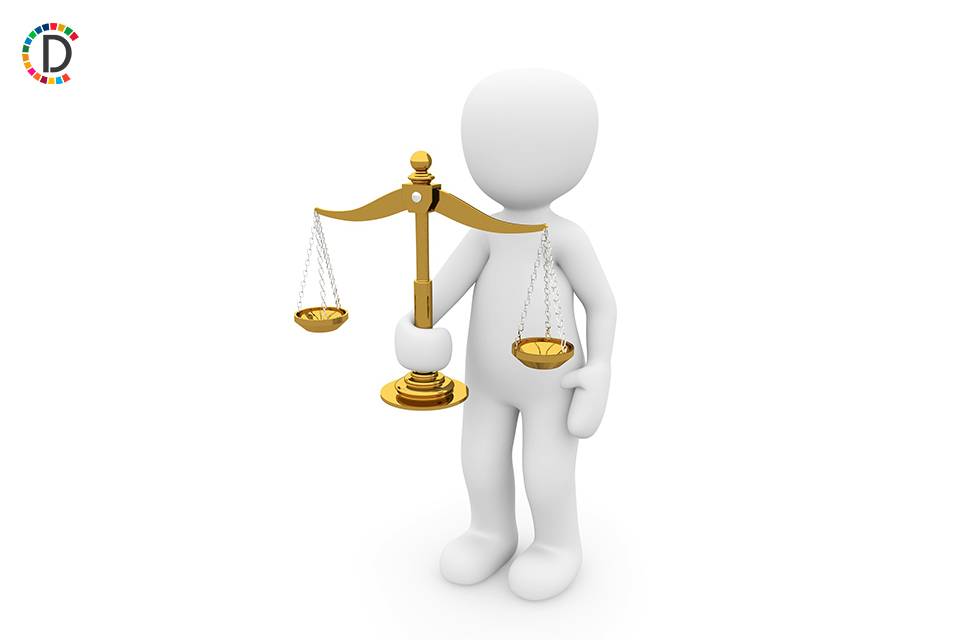Doctor's opioid prescription conviction tossed after U.S. Supreme Court ruling
A federal appeals court on Friday overturned the conviction of a doctor accused of unlawfully prescribing addictive opioids in Arizona and Wyoming after the U.S. Supreme Court issued a ruling in his favor that made it harder to prosecute such cases. The Denver-based 10th U.S. Circuit Court of Appeals ruled that under last year's Supreme Court's decision, jurors were wrongly instructed on how to determine whether Shakeel Kahn knowingly prescribed powerful drugs in an illegal manner.

A federal appeals court on Friday overturned the conviction of a doctor accused of unlawfully prescribing addictive opioids in Arizona and Wyoming after the U.S. Supreme Court issued a ruling in his favor that made it harder to prosecute such cases.
The Denver-based 10th U.S. Circuit Court of Appeals ruled that under last year's Supreme Court's decision, jurors were wrongly instructed on how to determine whether Shakeel Kahn knowingly prescribed powerful drugs in an illegal manner. He was at the center of a Supreme Court ruling in January 2022 that raised the bar for what prosecutors must prove to secure convictions of doctors accused of fueling the U.S. opioid crisis by turning their medical practices into "pill mills."
Kahn's lawyer and prosecutors had no immediate comment. Kahn had been serving a 25-year prison sentence after a jury in Wyoming in 2019 found him guilty of unlawfully distributing prescription medications, operating a continuing criminal enterprise and other charges.
Prosecutors said Kahn from 2011 to 2016 prescribed highly addictive pain drugs to people in small rural communities in Arizona and Wyoming in exchange for cash after performing perfunctory or no examinations. One woman died of an oxycodone overdose after he prescribed her drugs, prosecutors said.
At trial, Kahn did not contest that patients abused their medications but disputed what his intent was in prescribing them drugs, asserting he had a "good faith" reason to believe his prescriptions were valid. He took his case to the Supreme Court, which held that prosecutors have to prove that doctors knew they illegally prescribed drugs in violation of the federal Controlled Substances Act.
The justices left to the 10th Circuit to decide whether jurors were properly instructed in Kahn's case under that standard. Friday's three-judge panel concluded they were not. U.S. Circuit Judge Mary Beck Briscoe said the instructions "effectively lowered the government's burden to showing only that Dr. Kahn's behavior was objectively unauthorized - not that Dr. Kahn intended to act without authorization."
(This story has not been edited by Devdiscourse staff and is auto-generated from a syndicated feed.)
ALSO READ
Supreme Court's Crucial Directives for Cashless Treatment of Accident Victims
Supreme Court's Relief to Unitech Homebuyers: A Step Towards Justice
Honolulu Vs. Big Oil: Supreme Court's Landmark Refusal
Supreme Court's Split Verdict on Tahir Hussain's Bail Plea Raises Critical Judicial Debate
US Supreme Court's Decision Paves Way for TikTok Ban Amid National Security Concerns










